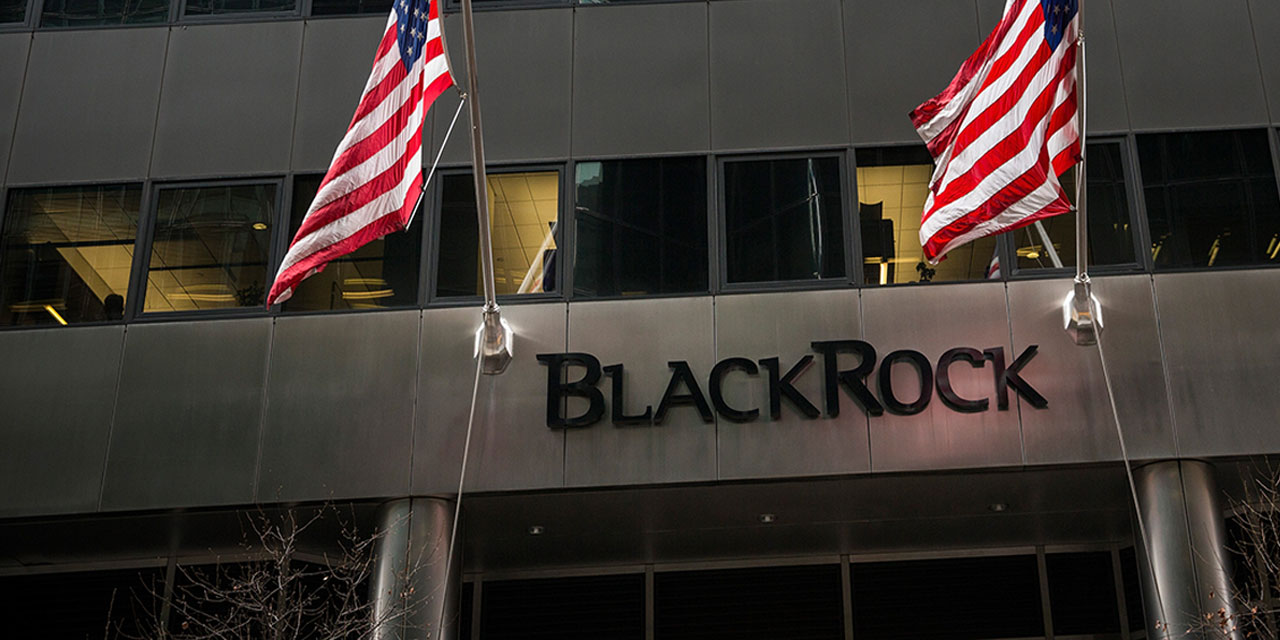
Shareholder voting in support of politically radical proposals on big companies’ proxy ballots—the “environmental” and “social” components of so-called ESG investing—is in decline. In this year’s corporate voting season, only four such proposals received majority shareholder support, compared with 82 between 2020 and 2022. On average, left-leaning environmental and social proposals won support from just 16 percent of shareholders this proxy season, down from 33 percent in 2021. That’s a good thing: left-leaning environmental and social shareholder proposals, to the extent they’re at all germane to company performance, have been inversely correlated with share value.
With the change in administration in Washington, we should expect ESG-driven shareholder activism to continue to struggle in the near term. Specific changes in policy at the Securities and Exchange Commission should spur further caution among social-investing activists and institutional investors alike. Nonetheless, these trends could easily shift back again in the future. The Biden administration changed policy to prod investors toward ESG, and there’s every reason to believe a future Democratic administration could do the same.
There’s also a ticking time bomb: the “Big Three” asset managers—BlackRock, Vanguard, and State Street—own a large and growing share of corporate America. These fund families make their living on an investing strategy—passive-index investing—that both insulates them from ordinary market pressures and avoids careful consideration of corporations’ specific economic situations. Policymakers in Washington should take heed and work to address this situation before the political winds shift again.
Overall, index investing—the idea that an asset manager spurns “picking stocks” and instead replicates a market basket of securities like the S&P 500—has been a remarkable boon for ordinary Americans. Rather than having to judge asset managers’ performance and pay hefty fees for their research, savers have a vehicle for low-cost, diversified investing, whose only risk is the ordinary ups and downs of the total stock market. Passive index investing has substantially democratized market access.
But because index-investing funds share the same market-following strategy, no real differentiation marks their offerings. Predictably, the market has consolidated, even as index investing has risen in popularity. Vanguard, BlackRock, and State Street control 51 percent of U.S. fund assets under management and more than 20 percent of total U.S. stock market capitalization. One of the Big Three is the largest shareholder in 88 percent of S&P 500 companies.
In other words, these three index-focused funds have enormous influence over shareholder votes at almost every major U.S. corporation. This massive concentration of control over corporate America by the Big Three index-investing fund families should raise any policymaker’s eyebrows, regardless of political leanings.
I have suggested that passive index funds should abstain from voting altogether, consistent with their core value proposition. Implementing mandatory abstentions would require some statutory and bylaw adjustments, but it’s not that complicated.
Some members of Congress have also taken notice. Alaska senator Dan Sullivan earlier this year reintroduced his INDEX Act, which would require passive funds owning more than 1 percent of a company to pass voting rights through to their own investors. It’s an appealing concept—if you invest in an index fund, you get to vote your proportional share of Microsoft or Walmart stock.
Most retail investors, however, choose index funds precisely because they don’t want to spend hours researching individual companies. But Senator Sullivan came up with an elegant solution: if an index fund can’t determine the voting preferences of the underlying investor, then the asset manager should cast the votes in the same proportion as other nonpassive shareholders.
This “mirror voting” rule would ensure that the passives are essentially neutral, similar to abstaining from a vote. Again, the large passive funds would be voting the same way they invest: passively, mirroring the votes of those investors actively engaged in price discovery.
Regardless of the specific legislative approach, Congress needs to act. Our most vexing and divisive public problems should not be solved through shareholder pressure campaigns making an end-run around the normal political process.
The beauty of index investing lies in its humility—the recognition that most of us can’t beat the market and shouldn’t try. That same humility should extend to corporate governance.
Photo by Andrew Burton/Getty Images
City Journal is a publication of the Manhattan Institute for Policy Research (MI), a leading free-market think tank. Are you interested in supporting the magazine? As a 501(c)(3) nonprofit, donations in support of MI and City Journal are fully tax-deductible as provided by law (EIN #13-2912529).

















